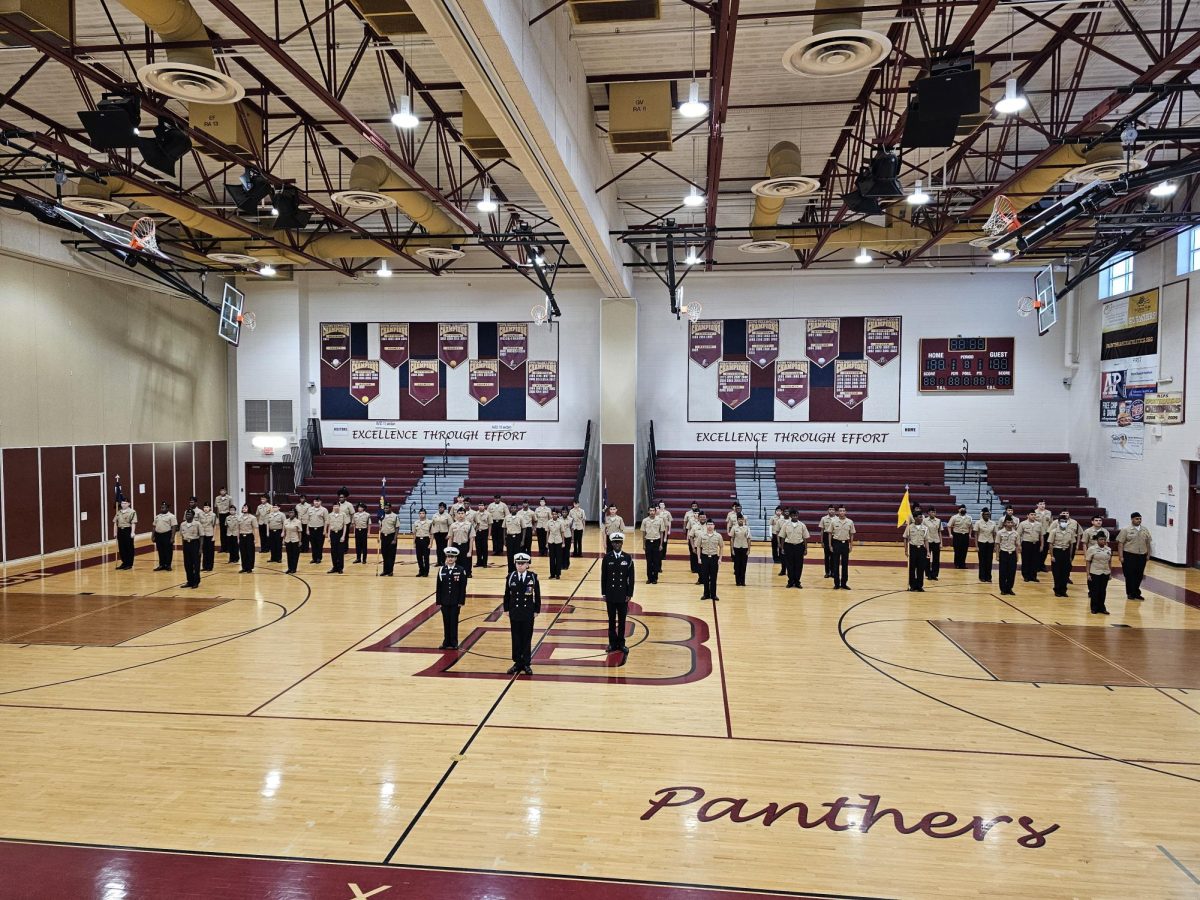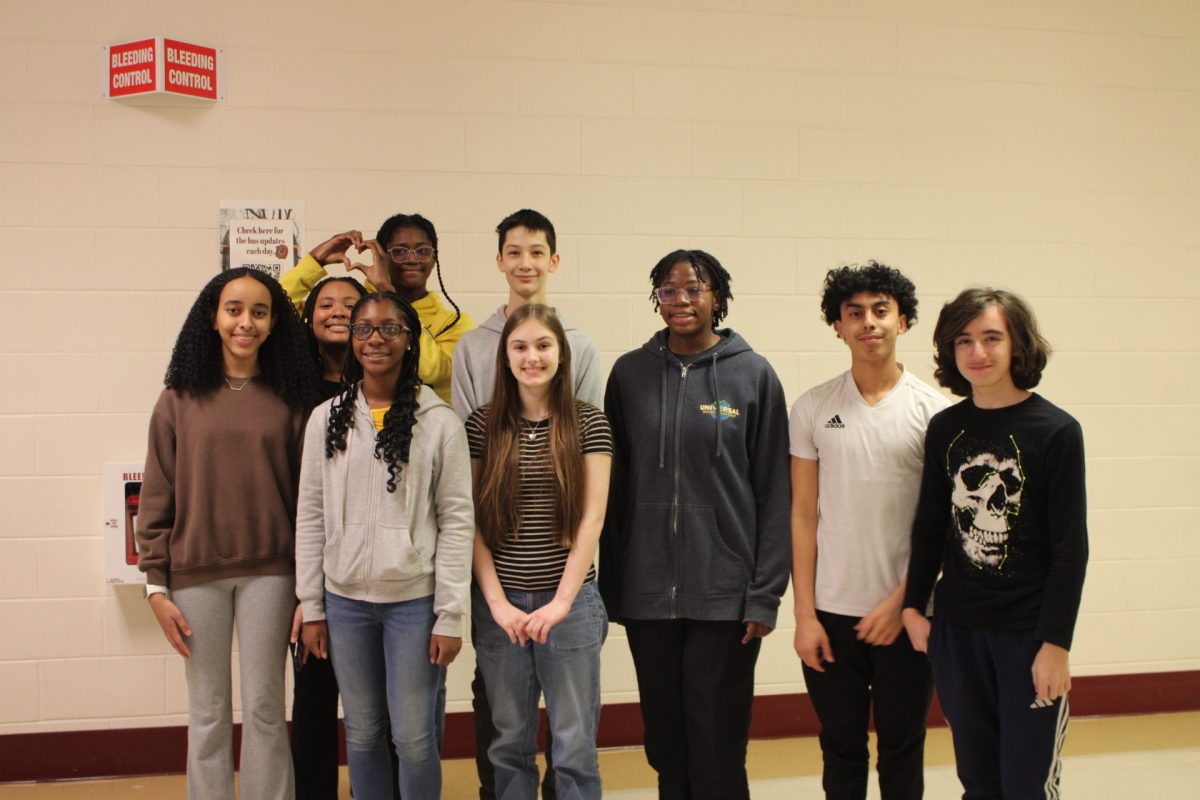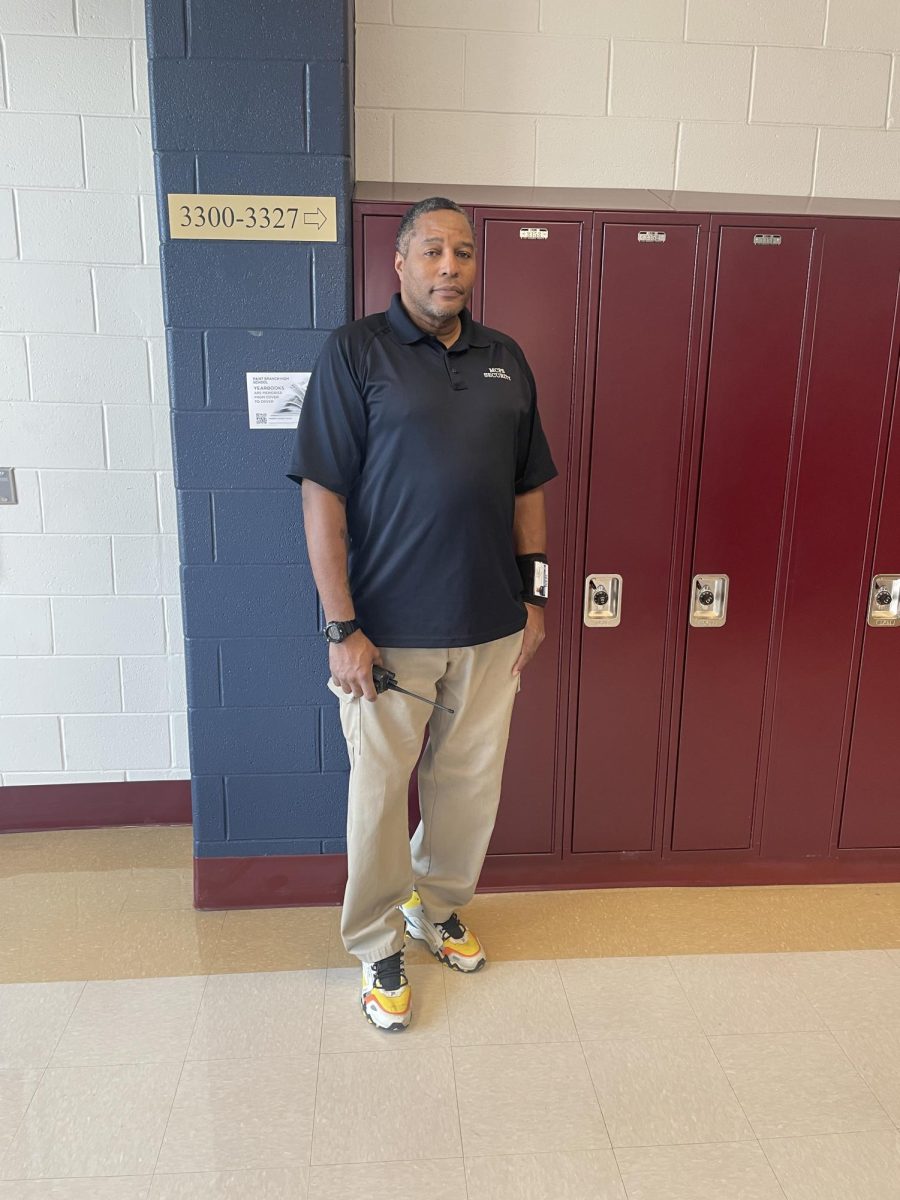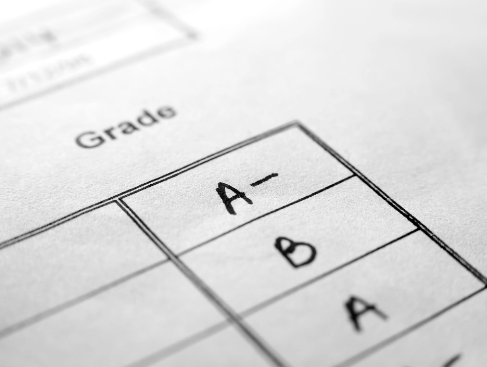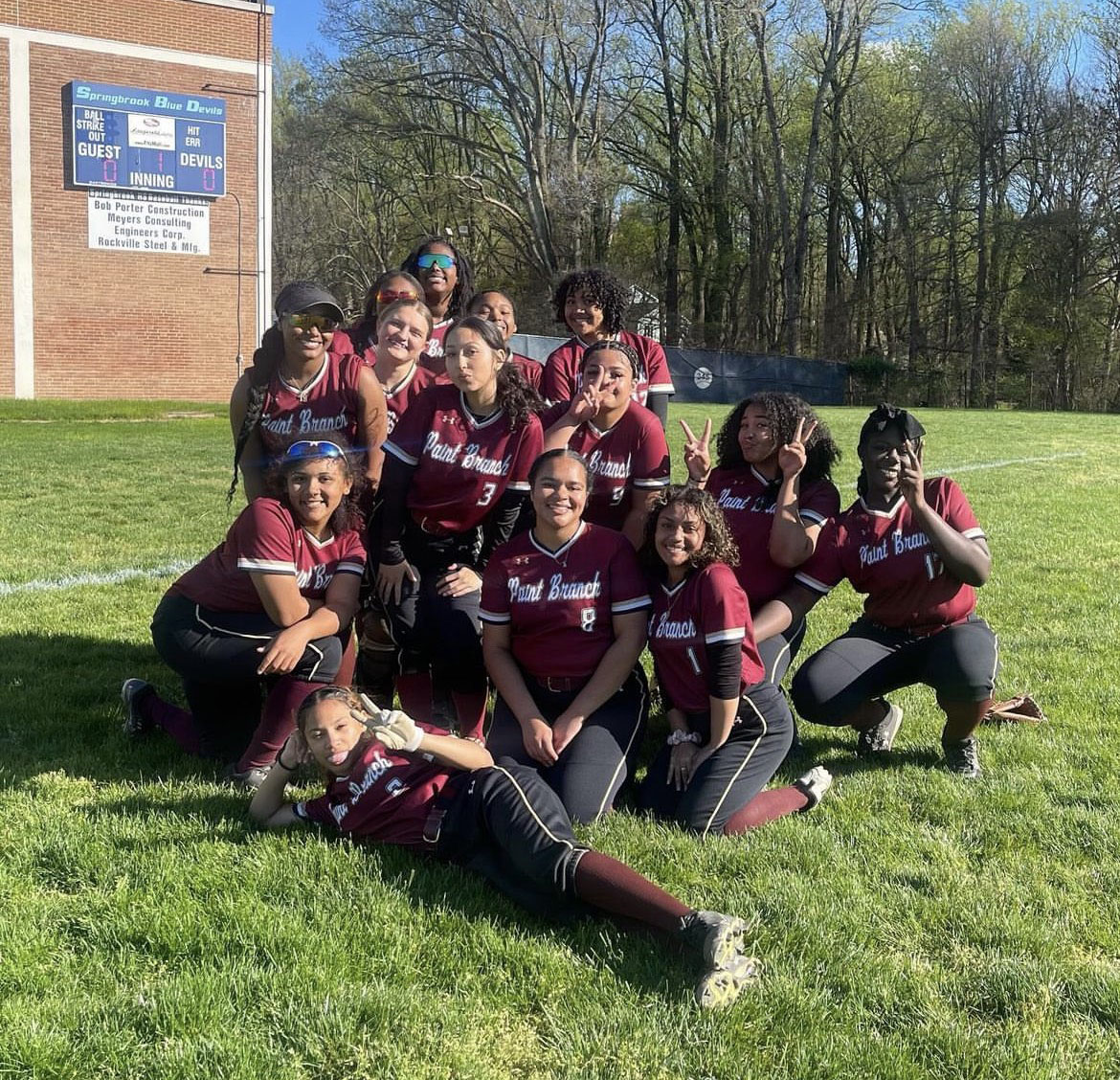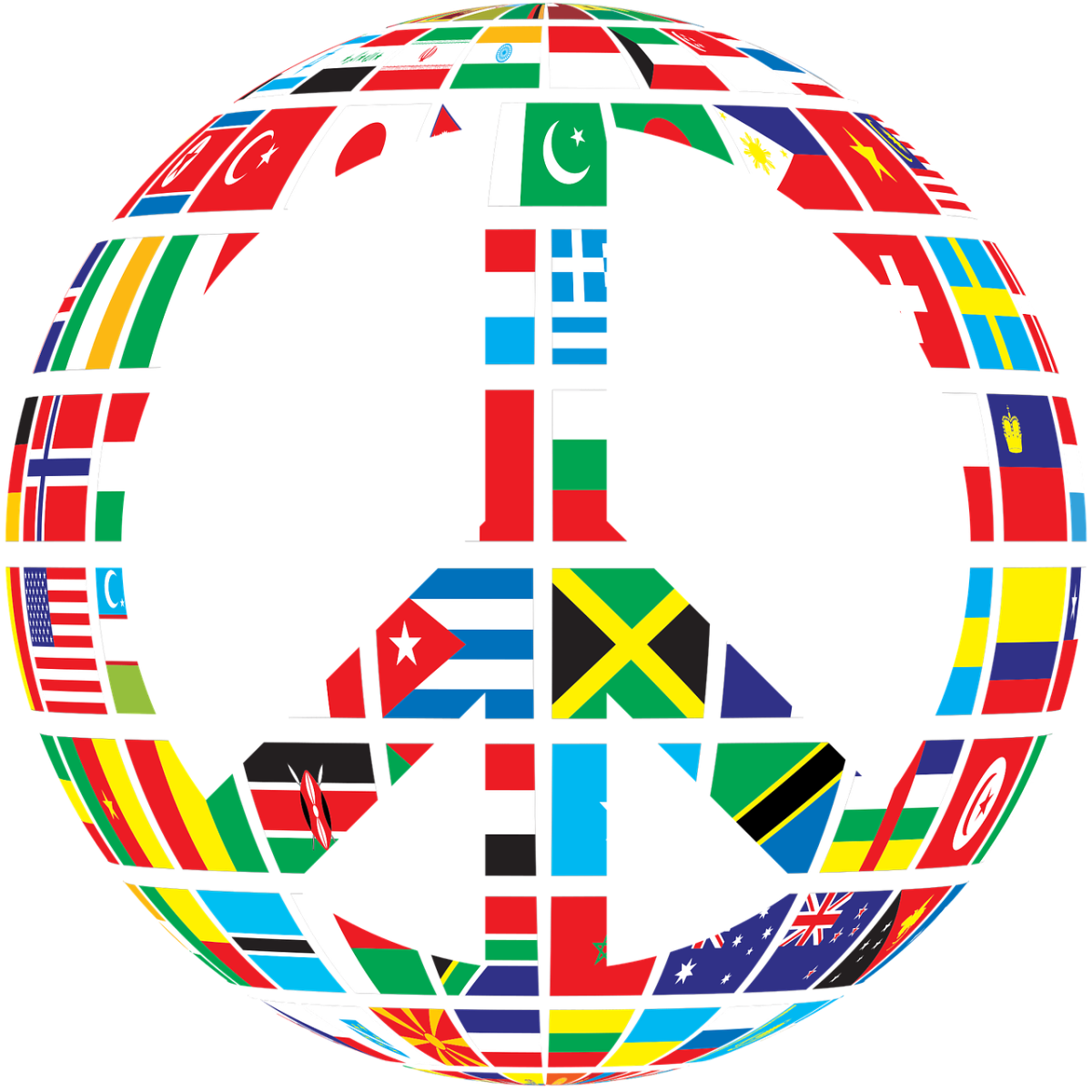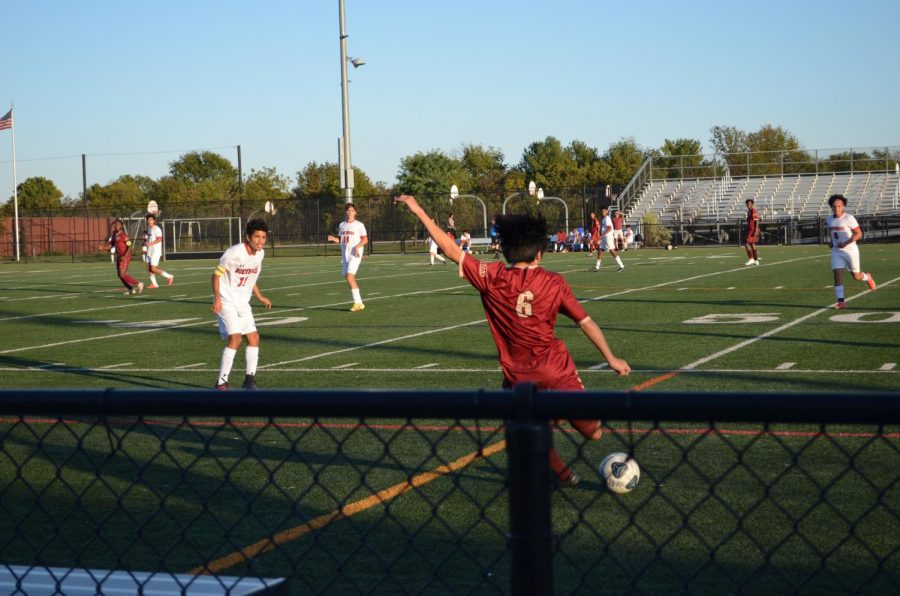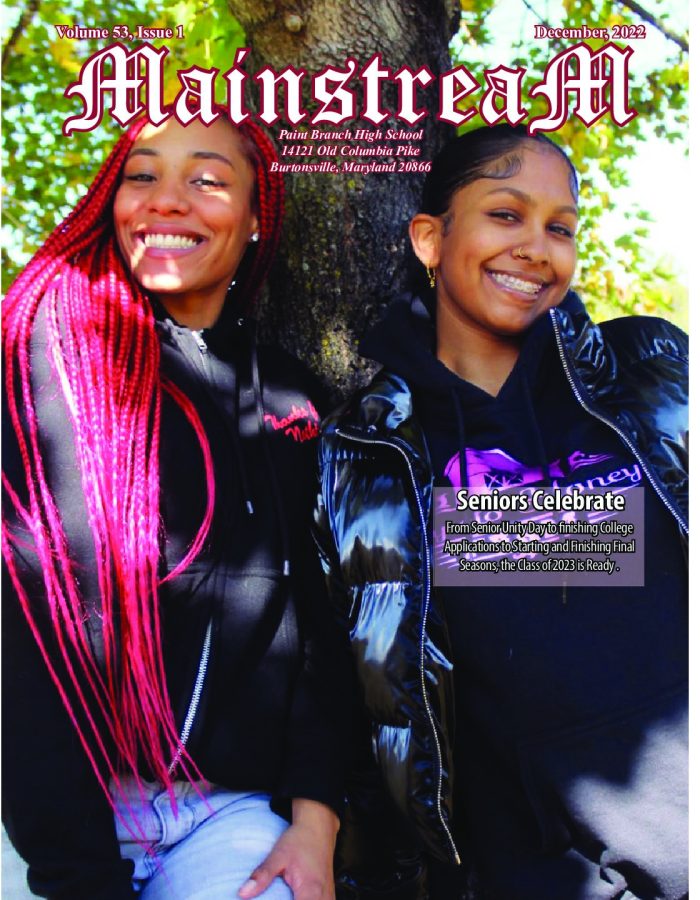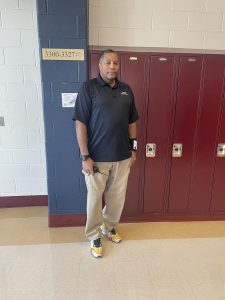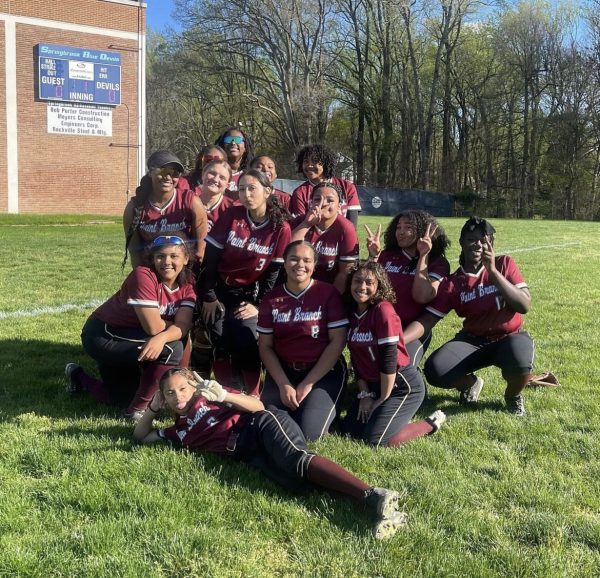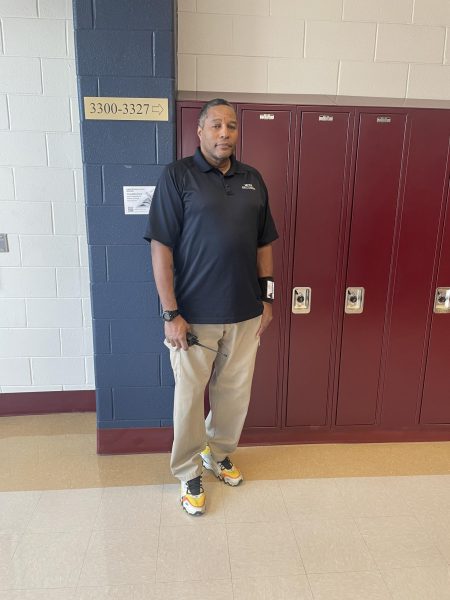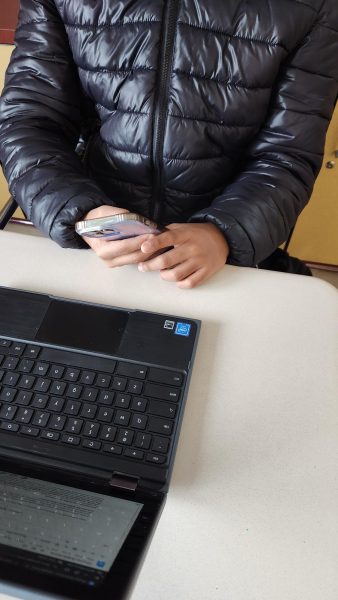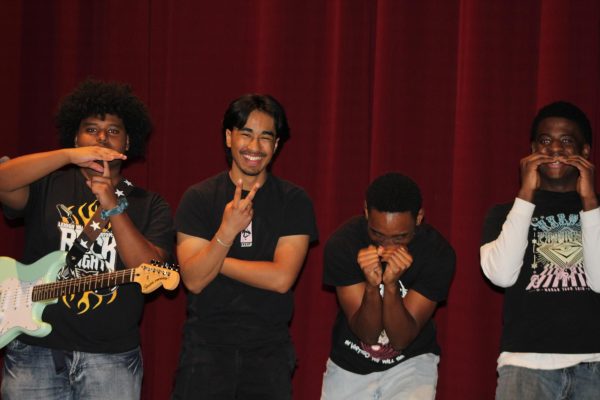Athlete Activism
November 9, 2018
Athletes taking part in silent protest in nothing new. Many have stood stoically to bring awareness to injustice.
However, with today’s social media platforms, no protest is truly silent. Following any act of protest brings immediate social media coverage. This coverage results in debate on the topic and people on both sides expressing themselves. In years past, athletes have silently protested on issues related to social injustice, specifically racism and injustice within the criminal justice system.
These athletes use their platforms to bring awareness to their beliefs on world, national and communal issues. Some of these protesters have even put their careers on the line in the name of equality. The most well-known of these protests in the last few years is that of NFL quarterback Colin Kaepernick, who started protesting what he called wrongdoings against African Americans and minorities in the United States. Kaepernick protested by kneeling for the national anthem before games in 2016. The cost for him has been significant as he, essentially, lost his career due to no teams wanting to deal with the backlash from his protesting. However, for Kaepernick it was worth it as he said to NFL media reporter Steve Wyche “I am not going to stand up to show pride in a flag for a country that oppresses black people and people of color. To me, this is bigger than football and it would be selfish on my part to look the other way. There are bodies in the street and people getting paid leave and getting away with murder.”
Kaepernick will not be the last NFL player to take a knee during the national anthem, as he started a movement. Multiple players are kneeling in his absence to help bring awareness to his cause. However, the NFL players who have done this received a lot of negative feedback, from fans and even from the president. The players still stood strong as the number of protesters grew after President Trump expressed his strong opposition through tweets and comments on what he feels is disrespectful behavior.
All of these athletes are part of a long history of protesters in sports. These include African American Olympic athletes Tommie Smith and John Carlos, who stood on the medal platform at the 1968 Mexico City Summer Olympics medal ceremony, raising a black gloved fist into a Black Power salute to protest racial inequality. Both men were later suspended for their actions by the International Olympic Committee.
More recently, current Los Angeles Lakers basketball player LeBron James and current Boston Celtics basketball player Kyrie Irving have taken part in bringing awareness to inequality and injustice in the justice system. In 2014, James and Irving wore black shirt that read“I can’t breathe” while warming-up before a game. “I can’t breathe” is a reference to the last words of Eric Garner, an African American man whose death was caused by an NYPD officer placing him in an illegal choke hold.
Each of these athletes – from Colin Kaepernick to Tommy Smith and Juan Carlos to Lebron James, have chosen to stand for something that they believe in regardless of what people say. They represent every athlete’s right to protest against issues that they disagree with or wish to call public attention to. These athletes should be able to do so without having to face consequences that impact their careers and livelihoods. People must realize that having a different opinion on something is fair and that people need to allow others to express themselves in anyway that they deem necessary .


